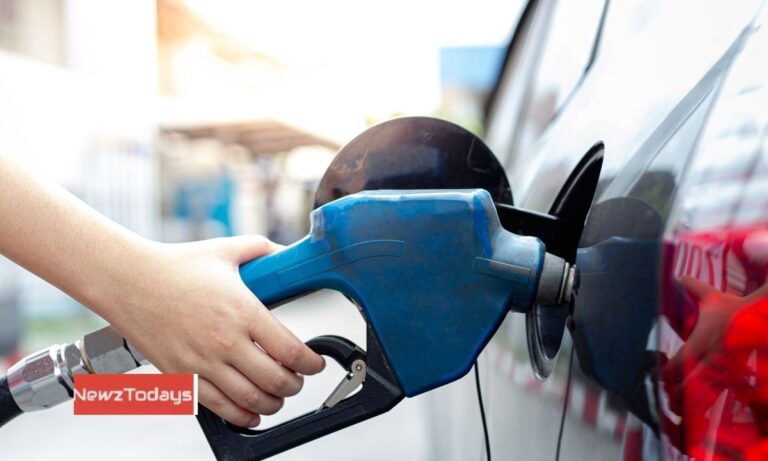Ibn-e-Ameer
Economic Coordination Committee (ECC) on Friday approved revision in premium on diesel and petrol imports amid higher global oil prices.
Amid political tensions and the Russian Ukraine war that led to higher oil prices, the economic coordination committee (ECC) took up the summary of revising premium upwards on the import of high-speed diesel and petrol.
The revision will result in some benefits to Pakistan State Oil (PSO) and refineries.
ECC, while considering a Summary dated 21st July 2020 submitted by the Petroleum Division (Annex-I) approved the parameters to determine ex-refinery import prices of Mogas (Petrol) and TISD (Diesel), whereby the base price is fixed on the basis of 15 days average FOB prices of the Arab Gulf market (published in the Platts Oilgram).
In the above base price, PSO’s last available average import premium and incidental charges (LC/Bank charges, wharfage, port charges, etc) are added to arrive at C&F prices for finalizing the local consumer prices, Relevant ECC decision vides Case No.ECC-307/34/2020 dated 28/07/2020.
The premium (freight & supplier’s margin) is a lump sum cost of the supplier/exporter, which is either negotiated or offered in a tender process. PSO, being a public sector company, is obligated to procure imports in accordance with the PPRA rules/regulations.
As per existing arrangements, PSO imports its Mogas requirements entirely through spot tendering, while the bulk of its HSD imports is made from Kuwait Petroleum Corporation (KPC) following a long-term agreement, revised/reviewed biannually.
The premium on a long-term basis is lesser than the tendered premium. Presently, the KPC premium for PSO’s HSD cargoes for Jan-June, 2022 is US$ 2.40/bbl.
In case, KPC fails to meet PSO’s HSD demand, state-run oil marketing company PSO imports from the spot market. When PSO procures from both sources (KPC & spot market), the weighted average of KPC and spot premium is used as a benchmark to calculate the consumer prices.
OCAC (Oil Companies Advisory Council) has stated that HSD premiums for the industry have been historically higher than PSO, implying that the industry was importing HSD at a relatively higher premium as compared to PSO’s benchmark premium.
The remaining OMCs are facing loss due to this as the difference went up sharply in the current prevailing geopolitical situation.
PSO’s tender for the second fortnight of March 2022 opened at USD 8.45/BBL whereas premiums are even higher in the open market. It may also be appreciated that PSO did not receive any offer in their HSD tender for the first fortnight of April 2022.
Since the current HSD price is benchmarked on the basis of substantial imports by PSO from KPC (USD 2.4/BBL), any OMC importing at the PSO tendered premium (USD 8.45/BBL) would incur a loss of upto Rs 6.8/Liter, creating an unsustainable position for importers. Therefore, OMCs have requested to urgently review this matter and revise the benchmarking process accordingly to save the industry from collapse.
Under the present volatile market condition due to war between Russia and Ukraine as well as high demand of HSD in the forthcoming harvesting season during March-May 2022, the existing benchmarking appears unsustainable and OMCS will sustain substantial losses and may be unable to import HSD leading to potential shortages of HSD across the country,
Petroleum Division, after consultation with OGRA in a number of meetings and on the basis of OGRA’s recommendations in these meetings, is, therefore, of the view that KPC premium needs to be excluded from price computation for a period from April to Junie, 2022.
Accordingly, the premium on HSD import may be benchmarked on PSO’s average tendered premium for the previous fortnight. In case, there is no tender by PSO in a particular fortnight, the premium from the previous tender may be used for calculating HSD Ex refinery price.
However, this arrangement may lead to some benefits for PSO and local refineries, which may be adjusted by OGRA for recovery through the IFEM mechanism. This mechanism would be reviewed on the recommendation of OGRA on a fortnightly basis.

